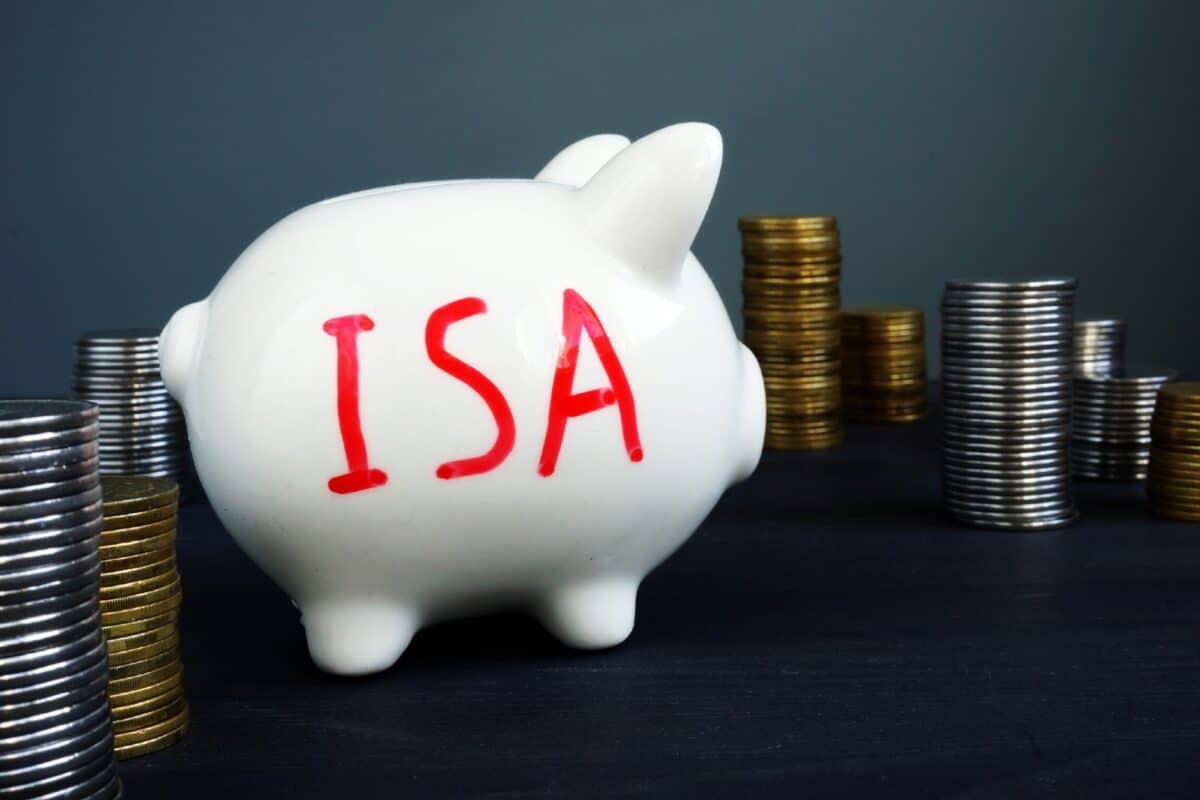Image source: Getty Images
With the Bank of England cutting rates, savers are likely to get weaker returns on their cash than they did before. But there’s a FTSE 250 stock that I think looks interesting right now.
The stock is Assura (LSE:AGR) – a real estate investment trust (REIT) that leases a portfolio of healthcare buildings. Its rent is 81% government-funded and there’s a 9% dividend on offer.
Please note that tax treatment depends on the individual circumstances of each client and may be subject to change in future. The content in this article is provided for information purposes only. It is not intended to be, neither does it constitute, any form of tax advice.
Reliable income
Assura owns 625 properties, including GP surgeries, primary care hubs, and outpatient clinics. Over 99% of the portfolio is currently occupied and the average lease has over 10 years remaining.
With the vast majority of its rent coming from either the NHS or HSE, the threat of a rent default is minimal. And the company stands to benefit from a general trend towards people living longer.
Debt can often be an issue for REITs, but Assura is in a reasonable position. Its average cost of debt is around 3% – which isn’t bad at all with interest rates currently at 4.25%.
While some of its debt matures in less than five years, the loans that mature first are the ones with the highest rates. In other words, it has long-term debt at relatively low costs.
In other words, Assura looks like it’s in decent shape. It operates in an industry that should be fairly resilient, it has tenants that are unlikely to default, and its balance sheet doesn’t look like a concern.
A 9% dividend yield can often be a sign to investors there’s something to be concerned about. It isn’t immediately obvious what that might be in this case – but a closer look is more revealing.
Share count
With any company, investors need to keep an eye on the number of shares outstanding over time. In particular, they need to pay attention to whether this is going up or down.
Other things being equal, a rising share count decreases the value of each share. As the business is divided between a higher number of shares, the amount each shareholder owns goes down.
Assura’s share count has been rising quite considerably over the last few years. Since 2019, the number of shares outstanding has grown by around 4.5% per year.
That means investors have had to increase their investment by 4.5% each year in order to maintain their ownership in the overall firm. And that really cuts into the return from the dividend.
If this continues, investors aren’t going to be in a position to simply collect a 9% passive income return. They’re going to reinvest around half of it to stop their stake in the business reducing.
This is actually a symptom of a wider risk with Assura. Its dividend policy means it often has to raise capital through debt or equity, so there’s a real risk of the share count continuing to rise.
A huge passive income opportunity?
A stock with a 9% dividend yield often comes with a catch. And I think this is the case with Assura – while the firm distributes a lot of cash, a good amount has to be reinvested to prevent dilution.
That’s not necessarily a devastating problem. But it is something for investors to be realistic about when thinking about passive income opportunities.
Credit: Source link













